To avoid amateur commercial kitchen cleaners in San Diego, watch out for those needing proper certification, as they may need to grasp essential health regulations. Inexperienced cleaners often miss critical areas, leaving harmful residues that pose a risk. Additionally, inspecting their equipment and using good-quality tools can lead to effective cleaning. Customer reviews matter—negative feedback is a clear warning sign. Finally, be cautious of unclear pricing structures; transparency is critical to trust. Prioritizing experienced, certified professionals with positive reputations guarantees your kitchen remains compliant and safe. There’s more to reflect on to guarantee your business stays thriving and clean.
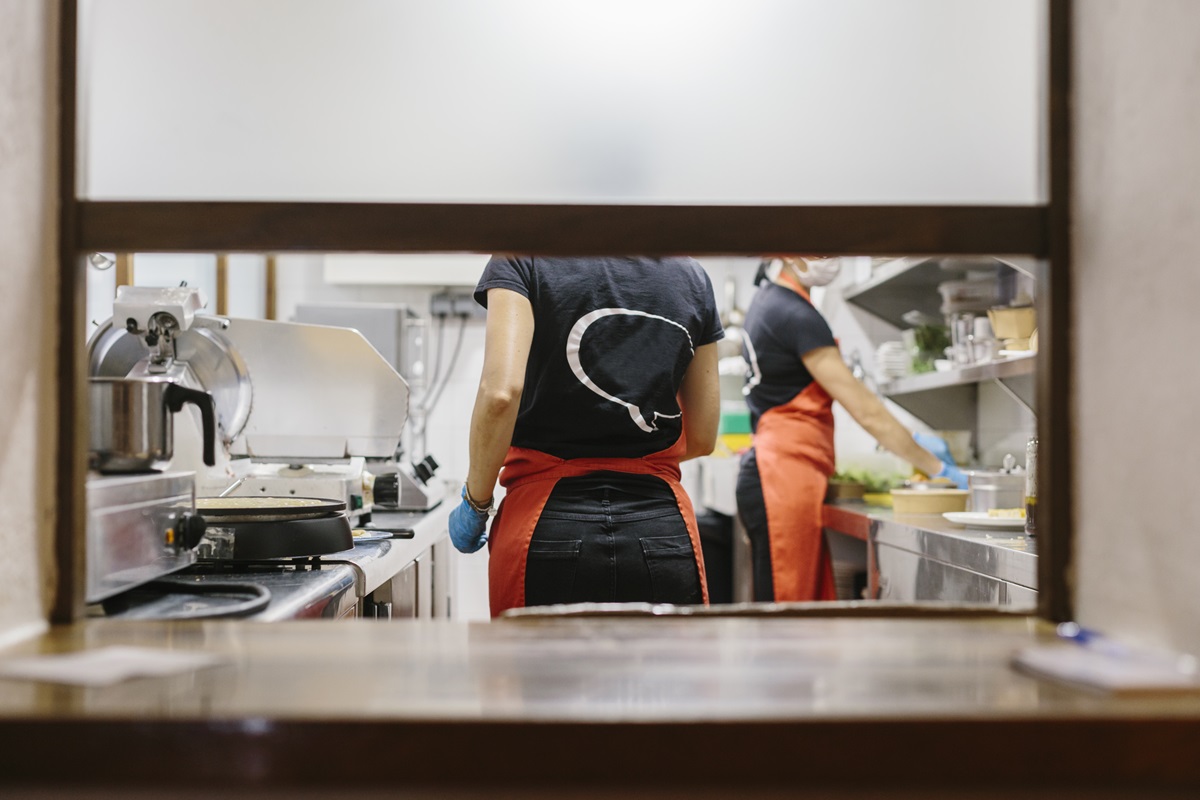
Many amateur kitchen cleaners in San Diego need the proper certification, which can lead to subpar cleaning practices and potential safety risks.
Without meeting certification requirements, these cleaners are often unfamiliar with vital healthregulations governing food safety. This oversight can result in inadequate sanitation, increasing the risk of foodborne illnesses.
Moreover, untrained individuals might use inappropriate cleaning agents that can contaminate food surfaces or damage kitchen equipment.
When hiring uncertified cleaners, you risk jeopardizing your establishment and clientele. Verifying that your cleaningservice meets all necessary certification requirements is essential to maintaining a safe and compliant kitchen environment.
This guarantees adherence to health regulations and a higher standard of cleanliness, which is vital for your operations.
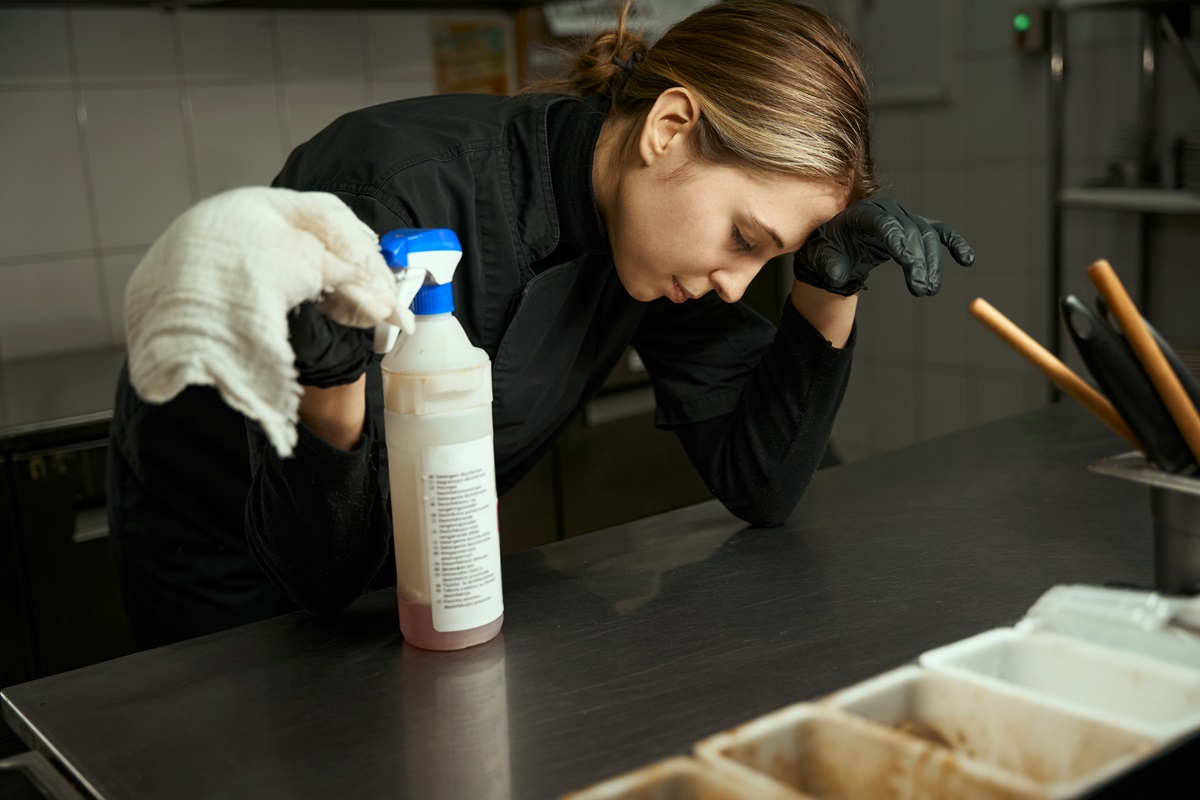
Hiring uncertified cleaners risks safety and often means dealing with individuals needing more professional kitchen cleaning experience.
Without proper training programs, these cleaners mightn’t be familiar with essential cleaning techniques tailored for commercial kitchens. They may overlook critical areas or use inappropriate methods that could lead to contamination.
Inexperienced cleaners often need help understanding the specific requirements of food safety regulations, which can put your business at risk. Furthermore, their lack of knowledge can result in ineffective cleaning, leaving harmful residues behind.
Investing in experienced professionals guarantees that your kitchen is cleaned thoroughly and safely, maintaining compliance and protecting your reputation.
Don’t compromise on experience; choose certified cleaners trained and knowledgeable in industry standards.
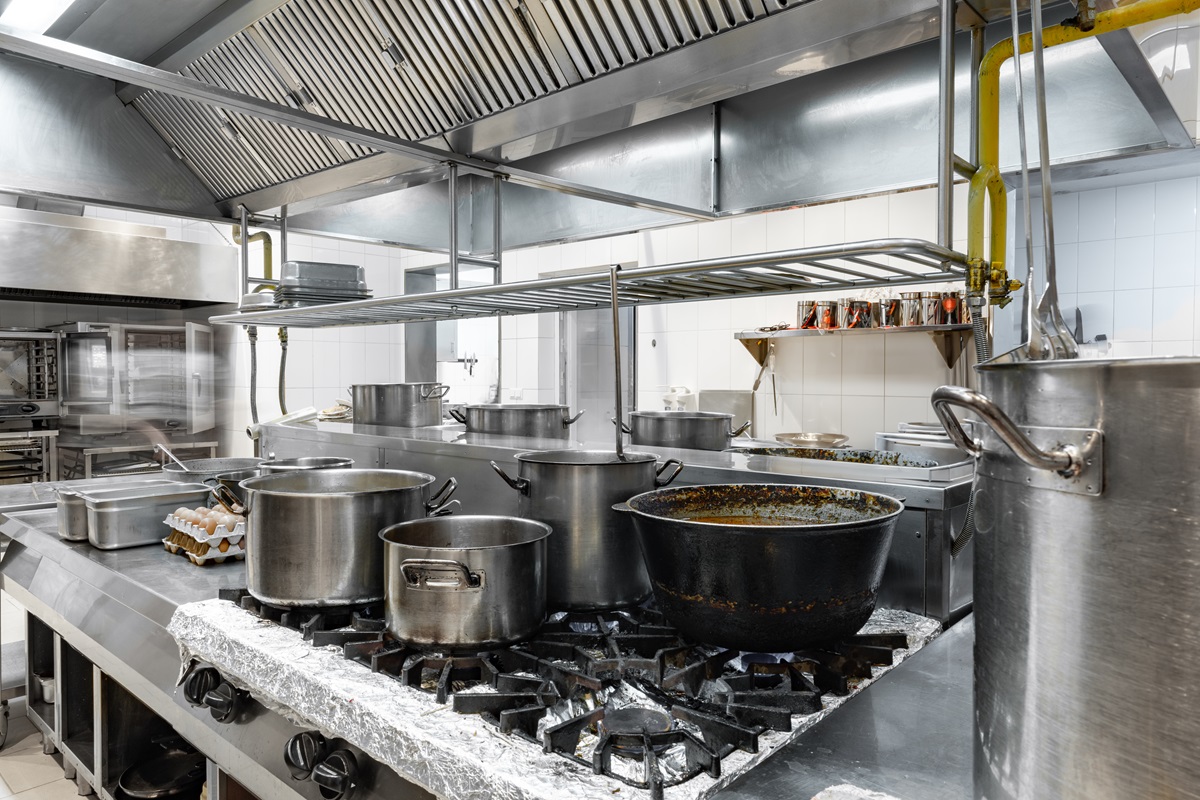
Inadequate equipment can severely hinder the effectiveness of kitchen cleaning, leaving behind grime and bacteria that pose serious health risks. Relying on subpar tools makes it challenging to implement effective cleaning techniques.
High-quality mops, scrubbers, and sanitizers are crucial for thorough sanitation. You can expect diminished performance if your cleaning team doesn’t prioritize equipment maintenance. For instance, worn-out brushes or inefficient vacuum systems can lead to inadequate results, allowing contaminants to thrive.
Investing in proper tools and ensuring they’re well-maintained enhances cleaning efficacy and safeguards your kitchen’s hygiene. By choosing a cleaning service that values equipment quality and upkeep, you’re taking an essential step toward a safer, cleaner kitchen environment.
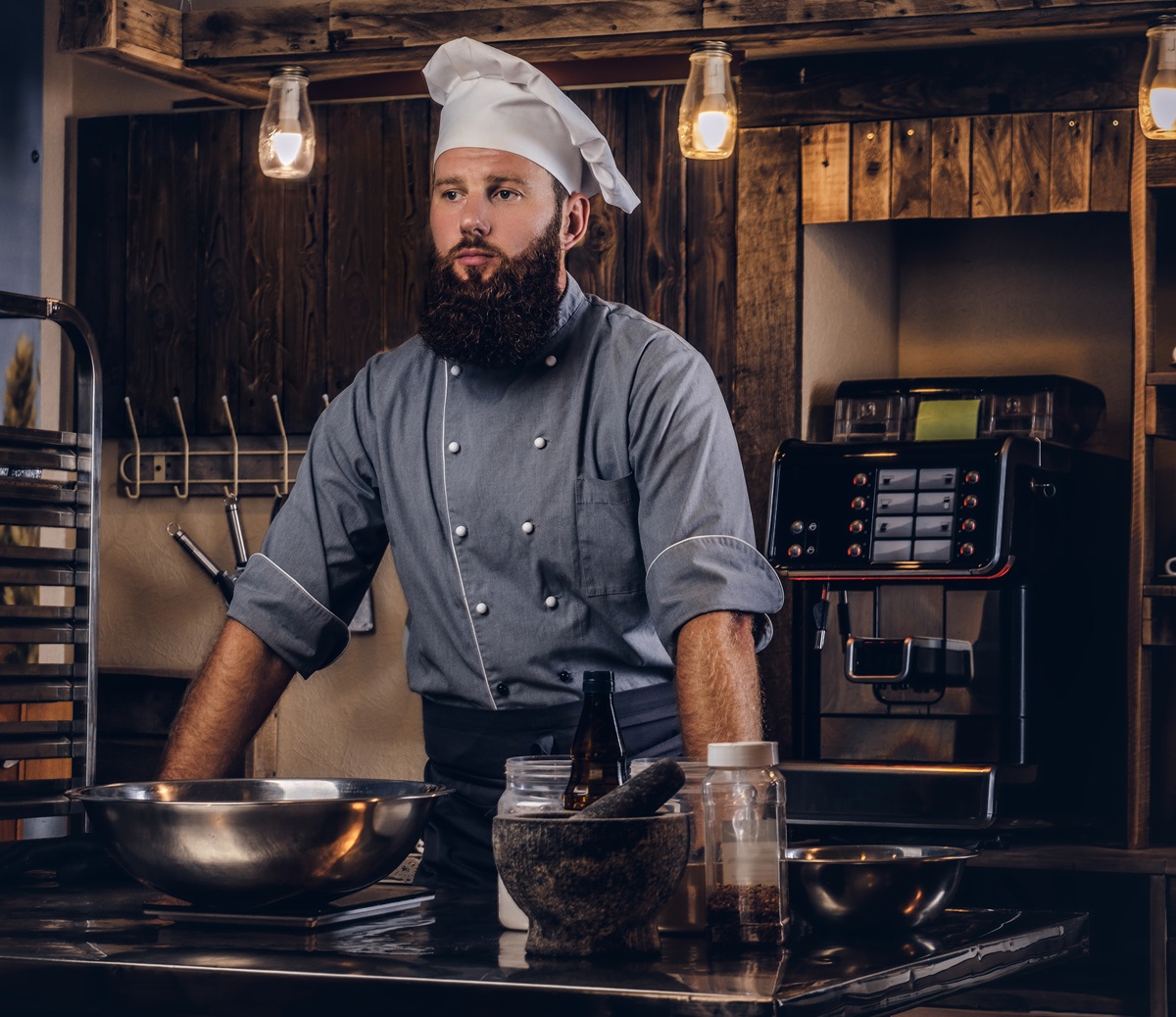
Even with high-quality equipment, a cleaning service's poor reviews and reputation can greatly undermine your confidence in their ability to maintain a sanitary kitchen.
When evaluating potential cleaners, consider customer testimonials and online ratings. A string of negative feedback often signals underlying issues, such as inconsistent service quality or unprofessional behavior. Conversely, positive reviews can indicate reliability and effectiveness.
Consider the overall rating trend rather than isolated comments, as this gives a clearer picture of the service’s strengths and weaknesses.
Take the time to research multiple sources, including Google reviews and industry-specific platforms, to guarantee you choose a cleaning service with a solid reputation.
Your kitchen’s cleanliness is critical, so don’t overlook this aspect.
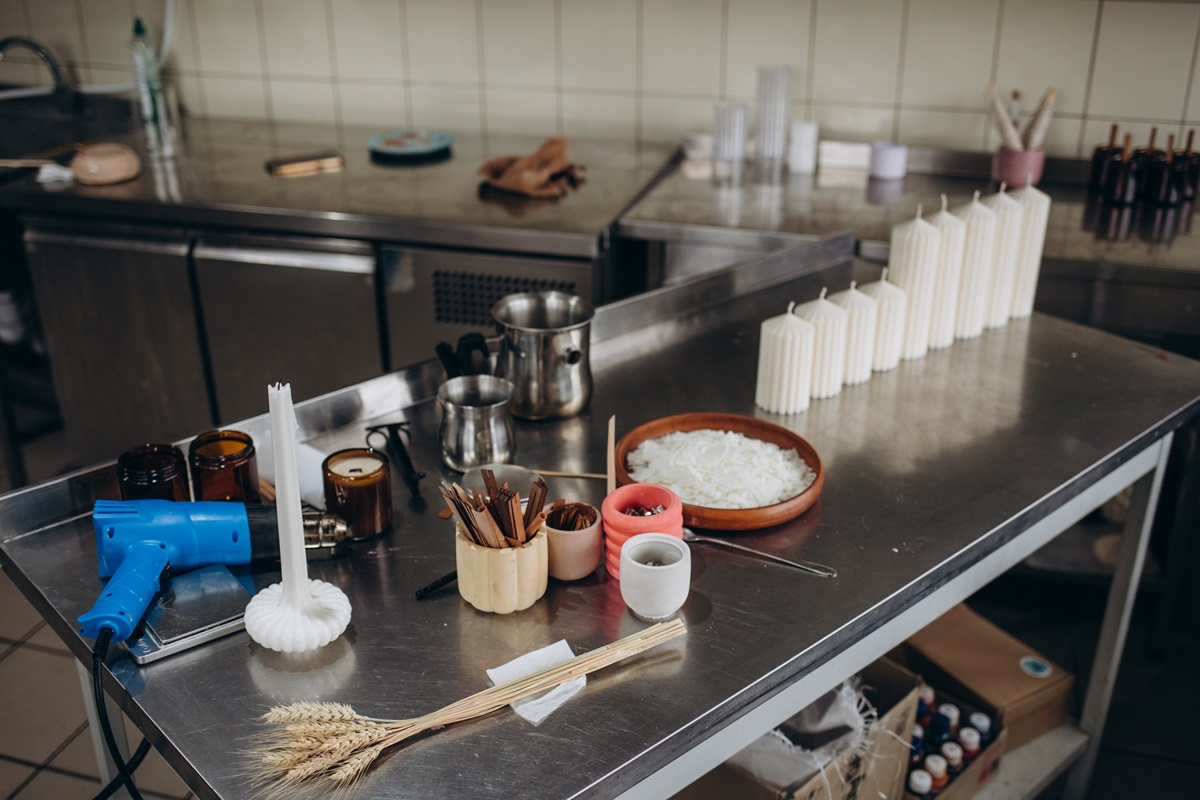
Unclear pricing structures can create confusion and distrust when selecting a kitchen cleaning service, so seeking transparency in cost breakdowns is essential.
If you encounter hidden fees or misleading quotes, it’s a red flag. You shouldn’t have to guess what you’re paying for; a reputable service will provide detailed estimates outlining every charge.
Without clear communication, you risk overpaying or receiving subpar service that doesn’t meet your expectations. Always ask for a written agreement that specifies costs and services rendered.
Doing so protects you from unexpectedexpenses and guarantees you’re making an informed decision. Remember, clarity in pricing reflects professionalism and trustworthiness in a kitchen cleaning service.
Don’t settle for ambiguity; demand transparency.
You should use eco-friendly products that effectively clean and disinfect surfaces. Implementing proper sanitizing techniques guarantees compliance with health regulations while promoting a safe environment for food preparation and protecting both staff and customers.
Depending on usage, you should clean your commercial kitchen daily to maintain hygiene while scheduling deep cleaning weekly or monthly. This balance guarantees a safe environment and prevents grime and bacteria buildup.
Yes, you can clean your kitchen while it’s in operation, but prioritize kitchen safety. Ensure staff is aware, minimize disruption, and focus on high-traffic areas to maintain operational efficiency without compromising cleanliness or safety standards.
If a cleaner damages your equipment, assess the damage immediately. Document it thoroughly and review the cleaning liability terms in your contract. Communicate directly with the cleaning service to resolve the issue efficiently.
Yes, food safety regulations vary by location. You must comply with local health department inspections to guarantee proper sanitation practices. Familiarizing yourself with these regulations helps maintain a safe food preparation and service environment.